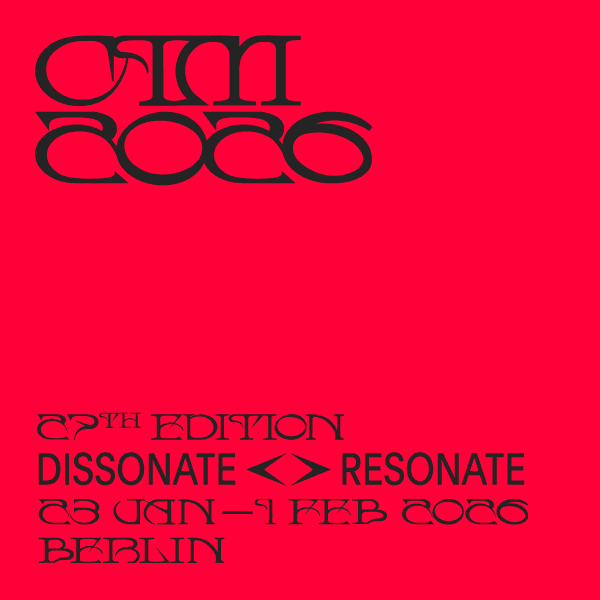The Danish Music Review
The Danish Music Review
The article of Torben Krogh about the music in the royal theatre of Copenhagen in 1748 will be concluded in the next number of the DM, and not until then an English summary of this article will be brought.
Film and Music
(5-12)
Svend Erik Tarp, the Danish composer, in this article gives an account of his work as a composer of film-music. During the last few years he has composed the music of several entertainment and cultural films of which especially "The Village Church" roused attention also in England and was prized at Biennabu in Venice in 1948. By a number of note figures the author shows his methods to obtain certain dramatical effects in these films, and he gives an account of the close collaboration between the stage manager and the film-technicians. He blames the reviewers for not making film- music the object of real criticism, even if it has been written by the most prominent composers, and he furthermore points out that Danish music, holding a rather high artistical level, f.inst. through film has a possibility of making its way abroad.
In Morphei Arms
(12-17)
Frede Schandorf Petersen seriously critizises the Danish radio which in his opinion has omitted to give the listeners a real orientation of musical life during the past 25 years. Many of the most important musical works from this period have never been performed, even if the radio disposes of an excellent orchestra and choir, and although part of these works are available in recordings. Among these omissions are mentioned the main works of Schoenberg, Alban Berg, Hindemith, Milhaud, Honegger and Strawinsky. The author asks for more attention as to actual musical events which the radio ought to keep its listeners informed of. - In his opinion the radio programmes are to a far too great extent predominated by bad entertainment music standing on a level with the worst novels which, certainly, nobody dares to offer the listeners. True democracy does not aim at giving people the bad music they want to hear at the expense of valuable music (even if light) - but endeavours to contribute to let everybody partake in the real goods of culture.
Music in Ruined Towns
(18-20)
Guido Waldmann, the German author, initiates an article of musical life in the ruined towns of Germany immediately after the conclusion of the second world war. After the second part of the article in the next number of the DM - we shall bring an English summary.

